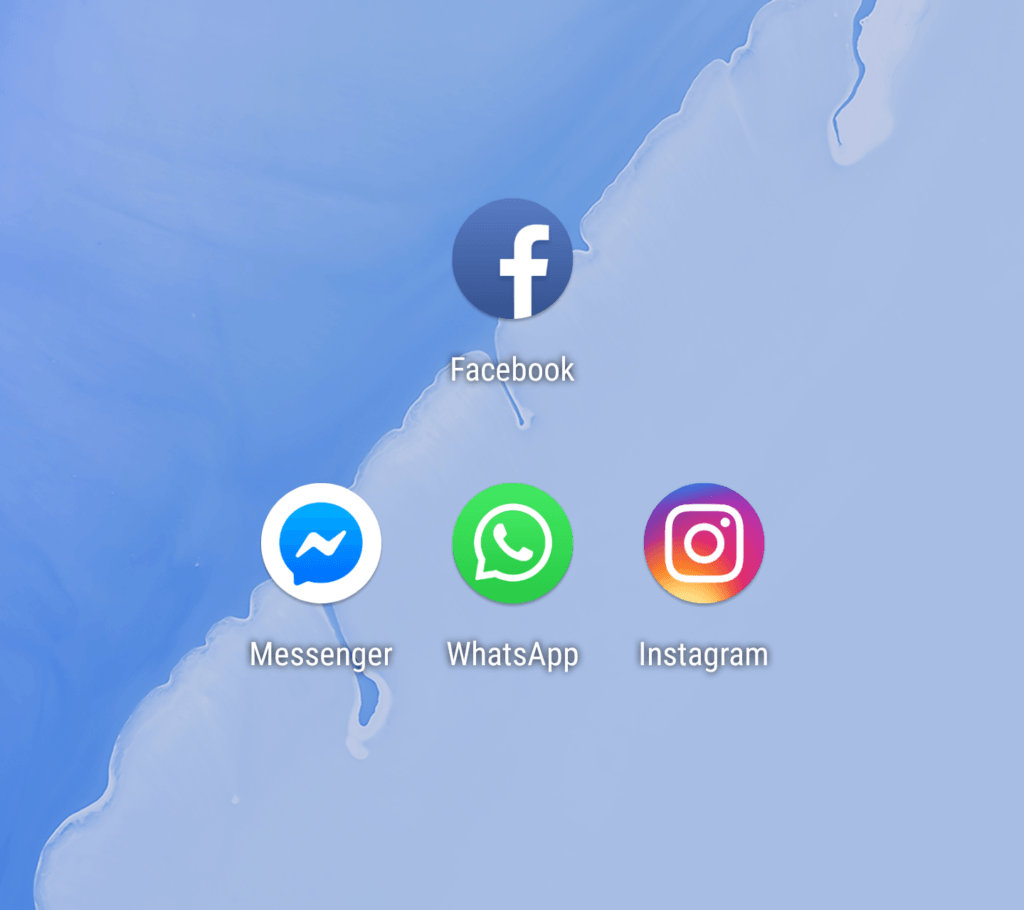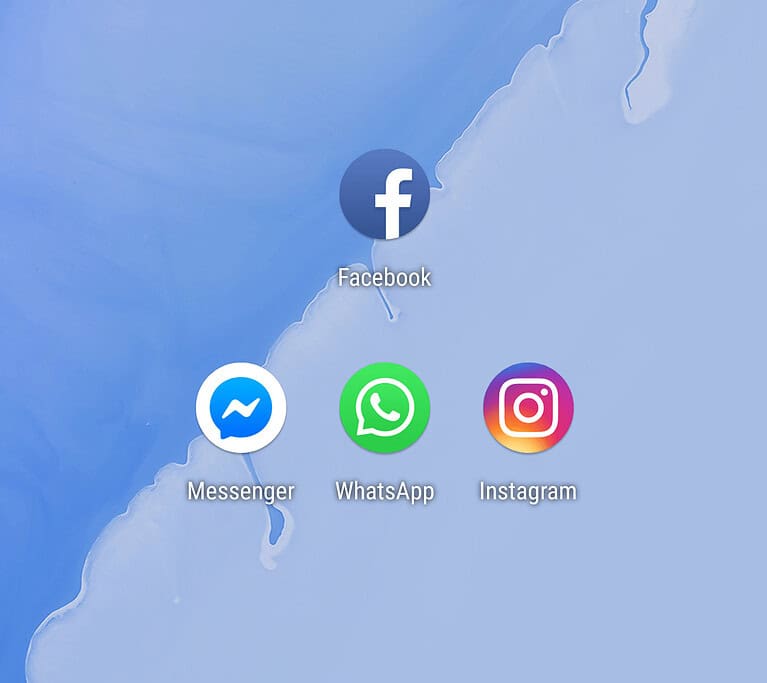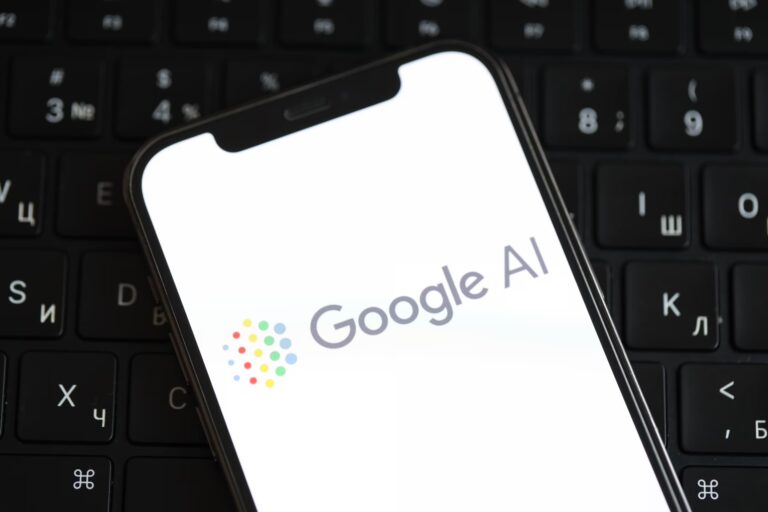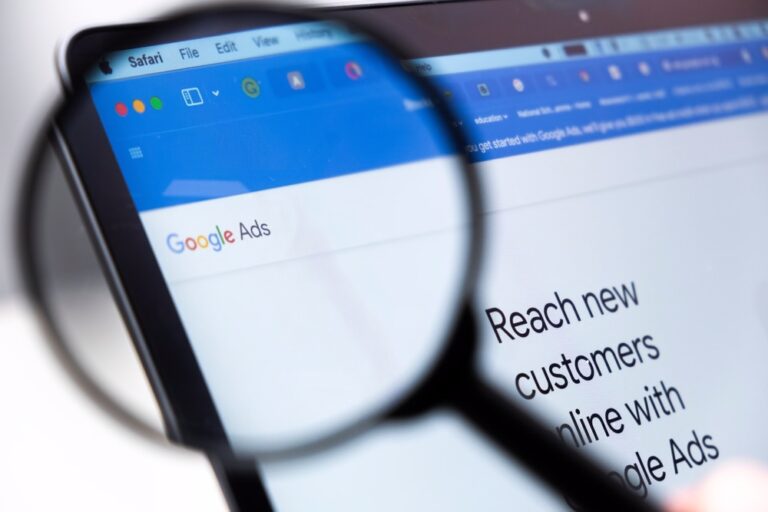Facebook is working on messaging compatibility between its main 3 platforms: Facebook Messenger, Instagram and WhatsApp.
The underlying infrastructure is to be unified, which will unite 3 of the largest instant messaging networks. This could change how people communicate online – as many people will have 2 or even all 3 apps installed on their device
Zuckerberg has also stated that all apps will incorporate end-to-end encryption, which is good for people who use it. However, there are still privacy concerns with this.
The New York Times reports Facebook’s statement on that it wants to:
build the best messaging experiences we can
Facebook; and people want messaging to be fast, simple, reliable and private… we’re working on making more of our messaging products end-to-end encrypted and considering ways to make it easier to reach friends and family across networks.”
Each platform is planned to remain as a standalone app and platform in itself – but this would allow those who only use 1 of the 3 to message those on other platforms.
Essentially, this means, if you use WhatsApp heavily for instant messaging, but someone else prefers WhatsApp, you would be able to talk without forcing one or the other person to download the corresponding app.
Across the 3 combined platforms, there are an estimated 2.6 billion users. This is planned to be rolled out either at the end of

Why is Facebook planning this change?
Facebook once stated WhatsApp would be left alone after purchasing the platform, but
Both Instagram and WhatsApp were independent companies that Facebook acquired and subsequently consumed. The platforms have since become much more similar in scope. WhatsApp was once a simple messaging app, but now incorporates many functionalities of Facebook.
Similarly, Instagram was once a simple photo-sharing app that only allowed individual uploads of square images. But since the Facebook
While the different platforms and apps are still clearly defined, it’s still clear enough that they have become more similar as time has moved on. Zuckerberg had stated he would allow for autonomy for each platform from Facebook – but with the growth of the platforms, this has all changed.
The apps are now viewed as a collective. The founders of both Instagram and WhatsApp have left the companies, which should most likely have been a big red flag at the time. But the apps ensured as they are, essentially, too big to fail. There are competitors, but nothing has grown to the same size. Instagram and WhatsApp themselves were the biggest direct competition to Facebook and Facebook’s Messenger, and obviously Facebook acquired them because of this. It’s likely this would happen to anyone else who challenges its dominance.
At the end of the day, this is also tied to money. Facebook has long been seeking to make more money from WhatsApp. Instagram has long had ads, as has Facebook that has been integrated into Messenger.
One potential outcome is that with Facebook Marketplace, sellers could use WhatsApp, which is m
What are the privacy concerns?
WhatsApp is end-to-end encrypted, and all 3 platforms will be once this comes into
However, the concern here is that your data is still accessible to Facebook – one of the biggest corporations at the forefront of collecting and using consumer data on a mass scale. The fact it will then be a walled-garden of consumer data across 3 platforms it owns is certainly worth
Also, it begs the question of what data will be shared between the platforms. At the moment, WhatsApp only needs a phone number when you sign up for the service. Facebook and Messenger ask for your identity – but you don’t need a Facebook account to use Messenger. And then with Instagram linked in amongst these, it may mean many users won’t want all of this to be linked up. Many people like to keep these separate for good reason.
What does this mean for digital marketers?
The implications on digital marketing and what it means for digital marketers is a question worth considering.
At the end of the day, it will probably not impact the platforms in a big way.
However, the messaging side of things will change, and that will be key in thinking about where your target audience may choose to spend their time.
While Messenger, Instagram and WhatsApp will certainly have very different demographics using the platform, the impact on advertising may well be significant.
For instance, Instagram has a younger audience, and has its own messaging functionality – but it is much more limited in scope than Messenger and WhatsApp. Currently, advertising can, for instance, advertise directly within Messenger. If this then means you can advertise across the 3 platforms in the messaging portal, this opens up new possibilities. But at the same time – people may no longer have all 3 installed.
While consumer behaviour is hard to predict, and many people will likely not change their current behaviour, if all goes to plan there’s little point in having both WhatsApp and Messenger installed. There’s very little one platform can do that the other can’t. That means that people will choose their favourite platform, and stick to it. And potentially uninstall the other. This then, could impact advertising in a specific app.












